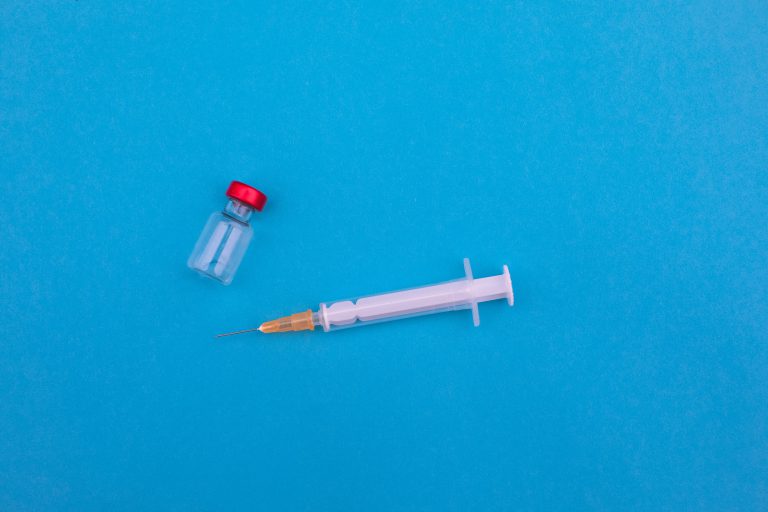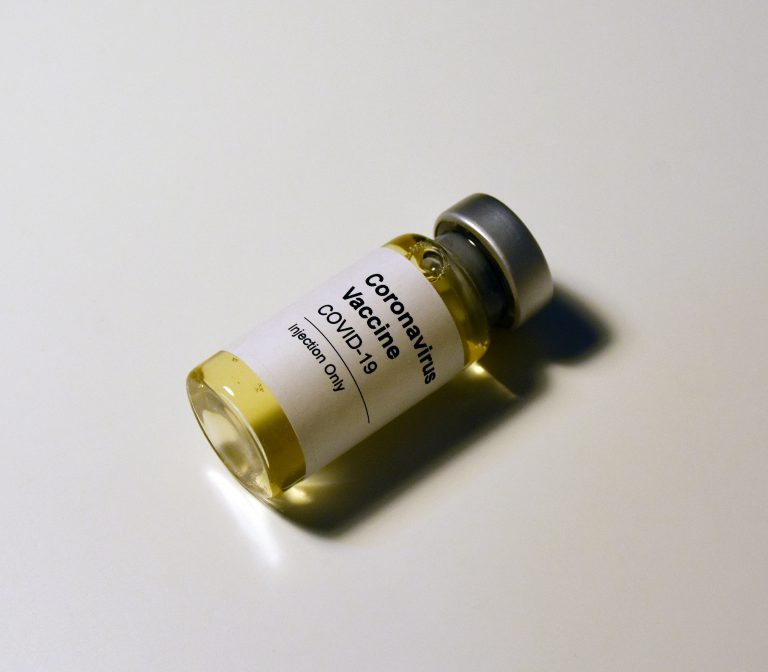As women reach the end of their fertile years, significant changes are happening in their bodies. A lack of a regular menstrual period signals the start of menopause. It can also be accompanied by hormonal fluctuations that manifest as hot flashes, sleep disruption, and even depressive thoughts and mood swings. The average age for a woman to begin menopause is 51, while women experience it as early as their 40s, while others start in their 60s.
While menopause is a natural step in a woman’s life, it can sometimes bring about complications or reveal some underlying conditions. Knowing and understanding the changes that are happening to your body can help you cope with the symptoms of the tremendous physiological transition.
Diagnosing Menopause
Menopause is detected when a woman misses anywhere from three to 12 consecutive months of her period. If you suspect you are entering menopause, you may be experiencing irregular periods, vaginal dryness, sudden weight gain, or deceleration in your metabolism. These symptoms characterize the perimenopausal stage, or the time leading up to complete menopause.
Previously, most women had little understanding of this time and often attributed their symptoms as inevitable challenges of aging. Without proper care and attention during the menopausal stage, many women struggle to cope with its effects. Menopausal women are more susceptible to fractures and osteoporosis, so they may neglect to supplement their diet to strengthen their bones. Sudden hormonal changes like mood swings and forgetfulness are dismissed as character flaws or lead to isolation and strain in social relationships. Women who are entering menopause need emotional, physical, and medical care to maintain a good quality of life.
Early Detection
Doctors can determine if a woman is in menopause by evaluating her pH levels through a vaginal swab test. A blood test can also measure ovarian activity through estrogen and follicle-stimulating hormone (FSH) levels.
In 2018, a diagnostic test was approved by the United States Food and Drug Administration that can detect early signs of menopause. Produced by Ansh Labs in Webster, Texas, the Pico AMH Elisa test uses anti-Müllerian hormone (AMH) to measure a woman’s ovarian function. Using blood samples, it can detect if a woman experienced her last menstrual period, even if the last missed cycle was nearly five years prior.
The value of knowing whether or not a woman has entered menopause is that it can help women and their physicians care for and manage their symptoms better as well as anticipate related issues. Confronting menopause as an actual physiological condition that needs to be addressed can ensure she receives better healthcare and attention. Women are at higher risk for bone degeneration, stroke, and cardiovascular diseases when they enter the menopausal stage.
Understanding the end of your menstrual cycle can also help women who experience early menopause. Fertility issues and dramatic hormonal changes are often misdiagnosed in women in their 40s because they do not typically expect menopause at their age.
The Take-Away
If you are in the at-risk age group and experiencing irregular periods, unexplained weight gain, trouble sleeping, chills, night sweats, or dramatic shifts in your mood, you may be in the early stages of menopause. Consult your doctor so you can get preventive care and manage your symptoms appropriately. Taking better care of your health during this time will help you live a long and happy life.
Keep yourself updated on the latest medical news. Browse Dose of Healthcare to read the latest on medical breakthroughs and interventions that can help you and your loved ones.



















